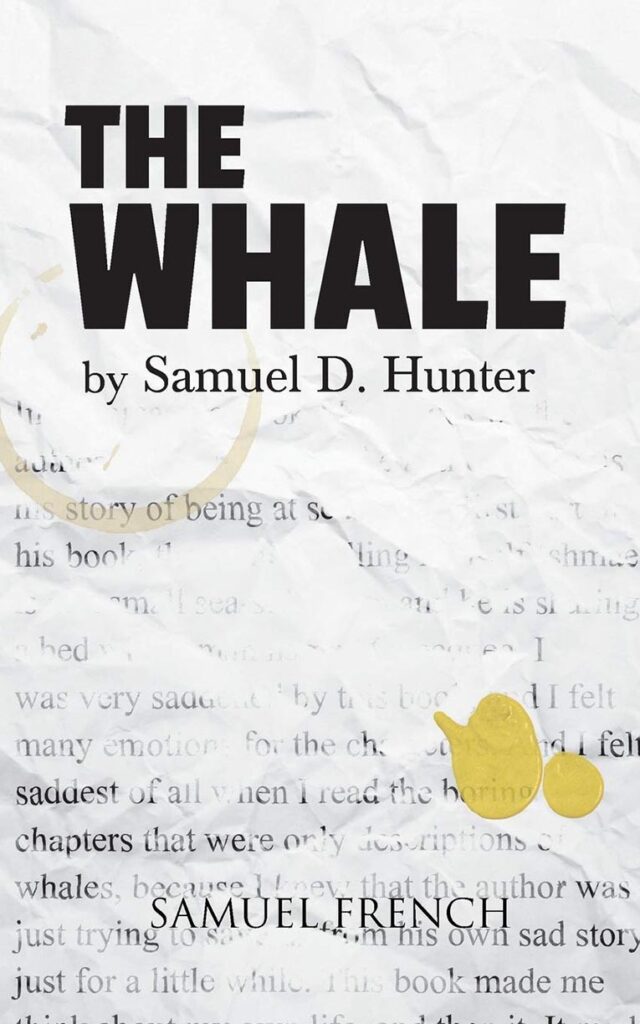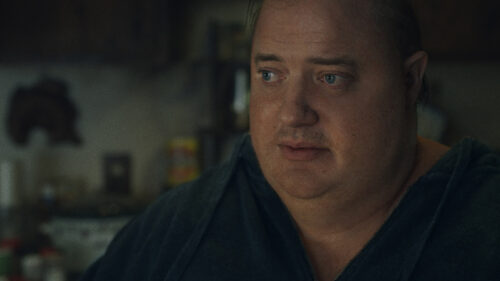

Ever since his partner died, Charlie has been eating too much – compulsively, with obesity now affecting his social and intimate life. It had been years since he abandoned his family for that con
It’s hard to imagine a more American background for Samuel D. Hunter’s play, The Whale. David Foster Wallace’s lesson (I’m thinking of Brief Interviews with Hideous Men) had been absorbed and assimilated. Let’s start with the characters: Charlie, the 600-pound protagonist, gives online writing classes. He has been married, then lived with a male partner who committed suicide, which is what he believes caused his letting himself go, mirroring the anorexia that afflicted his partner. And then there’s Ellie, his daughter, a wild teenager who cannot hold her tongue, can’t seem to listen to her mother ever, can’t bring herself to do her homework, and keeps a hate blog where she posts shock content. Ellie will also try to tempt a fellow teenager, Mormon Elder Thomas, into sin. Completing the cast are nurse Liz and ex-wife Mary, whose only interest is, arguably, siphon off as much of Charlie’s money as possible. The characters move on top of two masterpieces of American literature: Walt Whitman’s poem Song of Myself and Herman Melville’s Moby Dick, in particular the relationship between Ismael and Queequeg, which seems to mirror Charlie’s and his lover’s. Waves washing on the shore accompany the protagonist’s last words: “And I felt saddest of all when I read the boring chapters that were only descriptions of whales, because I knew that the author was just trying to save us from his own sad story, just for a little while”. Oh, America! Clichés just won’t die.